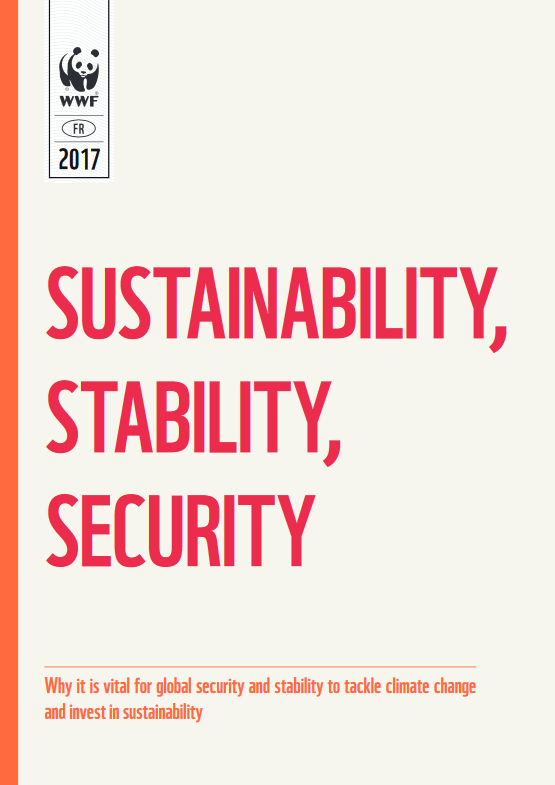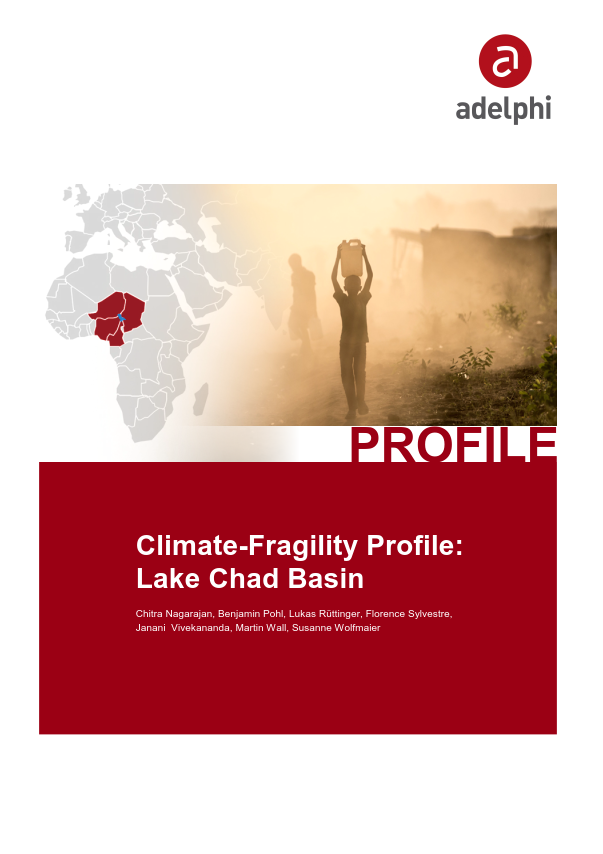Sustainability, Stability, Security - Why it is vital for global security and stability to tackle climate change and invest in sustainability
This report combines the conclusions of several scientific studies and the opinions of numerous researchers and specialized organizations that have focused these past few years on the link between climate and security. It highlights the essential contributions of a collective group of experts in order to concentrate on this issue and encourage institutions such as foreign and defense ministries to adopt new approaches.










